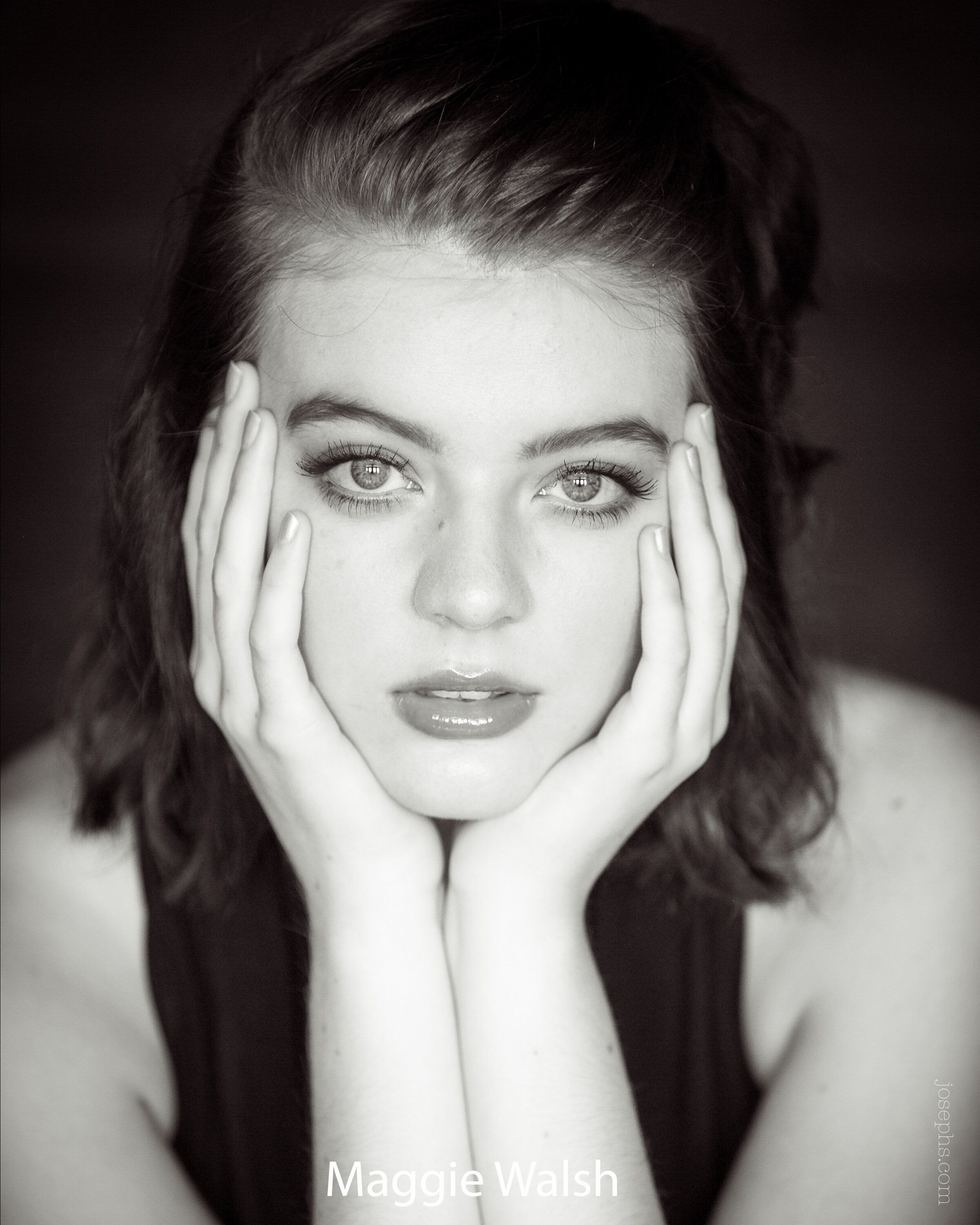COVID-19 Closures: Maggie Walsh (George Washington University)
The COVID-19 pandemic continues change the world as we know it. As closures and performance cancellations have put actors out of school and work, I’ve been reaching out to the artists affected. Here are their stories.
Maggie Walsh
You hear it all the time: “my high school theatre program changed my life.” Some laugh or think that we’re just doing what drama kids do best -- being dramatic -- but it really is true. And so, for the thousands of students who have been hit with the blow of a cancelation of their show, all the consequences of COVID-19 have been an incredibly sobering experience.
I study theatre in college, but each year I return to my old high school in Deep River, Connecticut to assistant direct and costume their annual musical, this year’s being Matilda. I began working on this production way back in June of 2019, when the director and I began teasing the idea of picking Matilda for our students. Five months of planning later, we were auditioning and creating crew assignments for 82 high school students. Four months after that, we were in the midst of tech week when an email was sent to all the students, informing them that the four performances that were set to begin in less than three days were canceled, without any consideration of a postponement.
It is one thing for a college production to be canceled or postponed, when there at least is an official department or program dedicated to theatre education and putting on professional-level productions each year. It is another entirely for a high school’s program, which has to constantly fight athletics and standardized testing for administration and community attention, and which puts on productions hardly ever attended by the teachers whose validation their students crave. Even when the majority of the students are not considering a career in theatre or performance, it is likely the only activity to which they have dedicated this amount of time, energy, or care. The roar of the crowd of parents, siblings, friends, and community members over one weekend a year is enough for these students. They are proud of themselves already, but being robbed of showing your talents is devastating nonetheless.
Canceling a production is also a logistical nightmare. High school programs always struggle with financial support, and most of the adults and teachers who make up the production team are essentially volunteers, despite their “employee” status. Ticket sales are the only way that programs can pay their outstanding bills for pit musicians, lighting and sound equipment, accompaniment, photography, and more. For our cancelation this past week, it took mere minutes from the time the director heard from the students that her show was canceled for someone to email her, “I heard the musical is getting canceled. I would like my refund now.”
Two days later, we were preparing for our final dress rehearsal, which had been allowed to go on without an audience. A typical final dress rehearsal at our school is filled with chatter and excitement and a complete lack of focus. This one was different. There was complete silence. Students did their makeup and hair in a haze. Smiles were small and half-hearted. For the seniors especially, I could see the weight of their missing performances pressing down on them, eeking out a few silent tears as they got ready for a rehearsal, opening, and closing all in one.
But, next thing I knew, these students were giving the performance of a lifetime -- singing louder than ever before, dancing with a renewed fervor, playing their instruments with perfect precision, and executing set changes with professional efficiency and focus. I have never before been so proud, and I felt myself holding back tears during even the most light-hearted scenes.
The moments of grief the actors portrayed onstage were particularly well-informed. It was as if these 14 to 18-year-olds had aged ten years before my eyes. Their maturity and depth of emotion skyrocketed in just a few days and was on par with what I see in college or professional theatre. We often teach the students to perform as if it is the last time they will be onstage. The setback here really proved the validity of that statement.
As the final dress rehearsal ended, there was still mostly silence. But there was also joy. As we know as theatre artists, there is a certain energy that you feel when the production truly kicks into gear and is “ready.” We had to be ready a little too early. Ready in our case did not mean ready for an audience, but rather ready to say “we did it. We were incredible. We have to move on, but we ended on the best possible note.”
I am in awe of the resilience, fortitude, and sheer strength that these kids possessed over the past week. They grew closer than ever before, supporting one another with selflessness and integrity to the highest degree. With all of this said, I want to implore everyone reading this post to say a kind word or two to every high school or college performer you know. If you are financially able, donate to your local arts organizations or financially support someone in the arts, as many of them are completely without their livelihoods during this outbreak. And while you are self-isolating, take time to appreciate the arts in your life. The arts are a common thread for all of humanity. Even when forced to be alone, we can always find a connection, a feeling, an insight, and a love through the power of art.
Maggie Walsh is a junior studying Theatre and International Affairs at the George Washington University in Washington, DC. Originally from Connecticut, she returns each year to assistant direct and costume the annual musical at Deep River, CT's Valley Regional High School.











Let’s work together to make the best of a not-so-great situation.